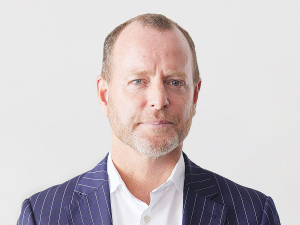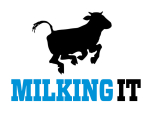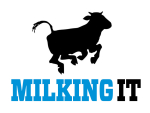In the 2024 financial year, Synlait experienced a profit loss of 61%, down to $56 million, and its operating cashflow was down 221% to $47.2 million.
The results, announced last week, follow a difficult year for the milk processor, one which saw many farmers issue cessation notices.
Watson says the result was largely down to impairments, a challenging trading performance, and high financing costs.
“What I do feel pretty good about is we’ve actually done a lot of work during the year to strengthen the foundations under the business but clearly they don’t show in the results,” Watson told Rural News.
Last month, Synlait took on a recapitalisation process which led to Bright Dairy of China owning 65% of the company. Under the new recapitalisation plan, which took effect 1 October, a2 Milk Company maintains its 19.8% stake in the company. Minority investors have seen their overall stake reduce to 14.9%.
“We are really well-set for the year ahead,” Watson says.
Read More
-
Synlait offers 20c/kgMS to hold nervous farmers
Synlait's challenge to win back farmer goodwill
-
Watershed vote pulls Synlait back from the brink
He says there are numerous things the company has undertaken that he believes mean the company is set to succeed in 2025, including an end to its disputes with a2 Milk over exclusive manufacturing rights.
In August, after the end of the financial year covered in the results, Synlait and a2 Milk ended a year-long arbitration with a deal which meant Synlait’s exclusivity for a2 Platinum and other nutritional products under the Nutritional Powders Manufacturing and Supply Agreement (NPSMA) would cease to apply from 1 January 2025.
Watson adds that there has also been “really good” underlying demand across the core business.
“So, yeah, tough year, it’s behind us,” he says. “We’re off to a good start. We’ve certainly got plenty to do in front of us, don’t get me wrong.”
He says that going forward, the company will have a stronger balance sheet following the recapitalisation, but it needs to focus on deleveraging.
“These are businesses that have a lot of operations. What we don’t need is any additional leverage on the balance sheet,” Watson says.
He says that additionally, the company needs to focus on restoring profitability.
“That’s a combination of delivering against reasonably strong demand signals and continuing to work hard on our cost base and, again, really good momentum in both of those areas.”
Finally, Watson says the company needs to ensure that any cessation notices issued in 2024 are withdrawn.
As part of that effort, the company has introduced a one-off payment of 20c/ kgMS for its South Island farmers and a 0.05c/kgMS payment for its North Island farmers.
Watson says he believes that payment will be “extremely well-received”.
The payment will be based off milk solids supplied in the 2024/25 season and will be made available to new suppliers.
The conditions of the payment mean those applicable must not have a cessation notice in place on 31 May 2025, must be supplying to Synlait for the 2025/26 season; and must remain un-ceased until 31 August 2025.



















